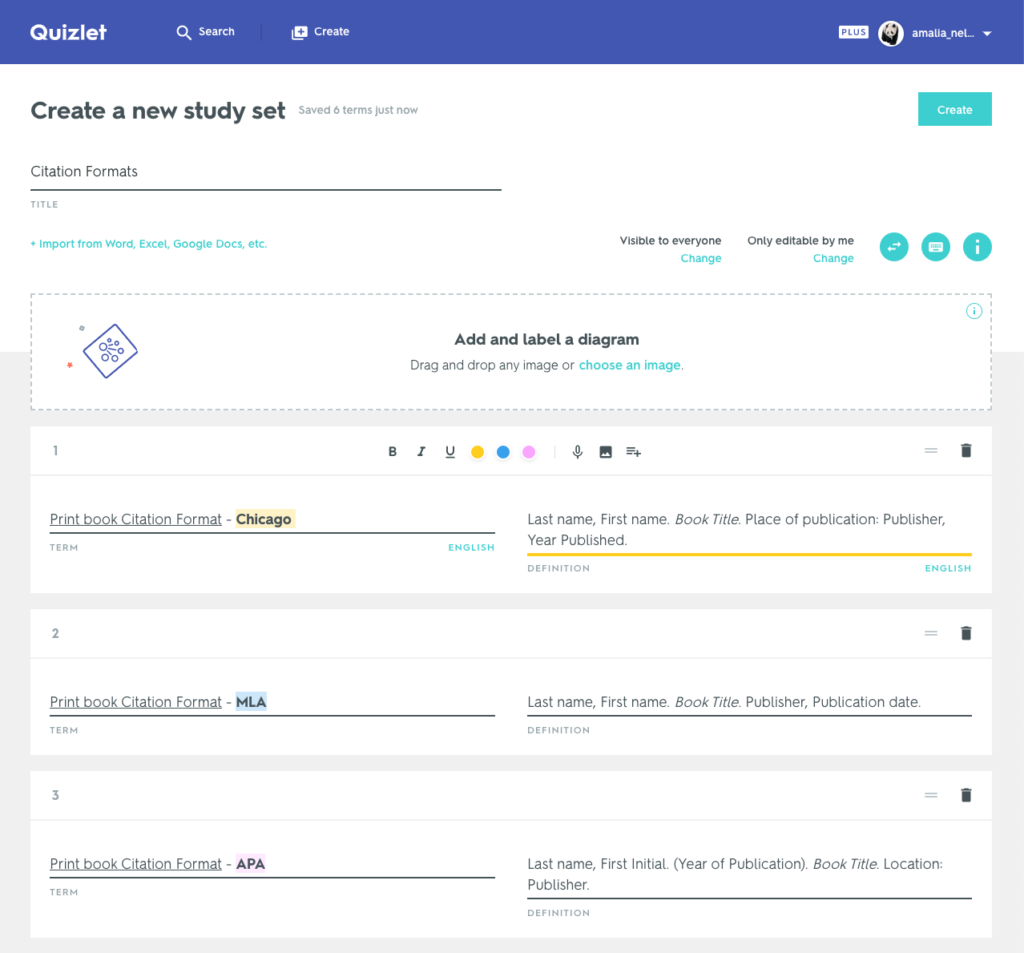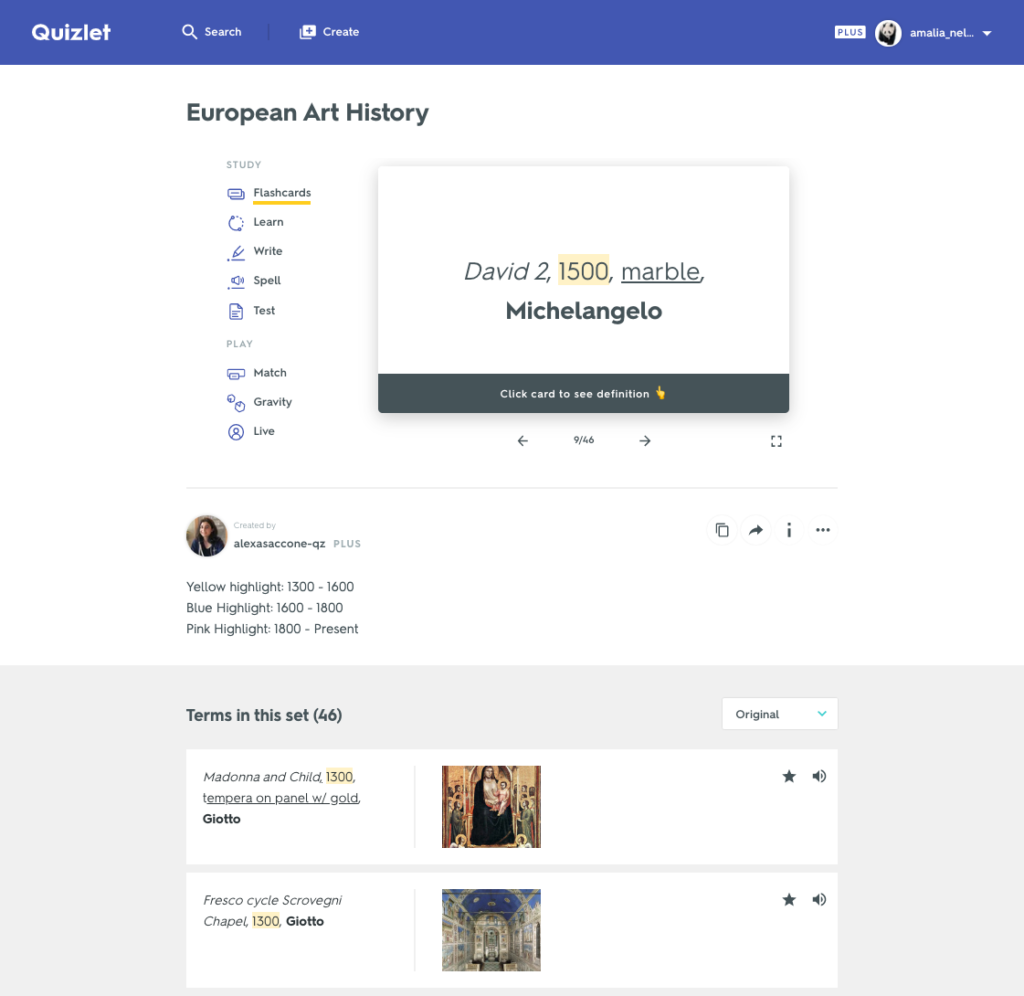This article is the first in a three-part series sponsored by Alkermes, focused on supporting young adult students and their community as they navigate the transition to college. Mental health is a key part of that transition, and support is available.
Watch for parts 2 & 3 in the series coming later this semester!
Transitioning to college can be a tough time for students. Between a major change in environment, new schedules, more freedom, and infinite choices, both in and out of the classroom, the pressure of the college experience can be intense and overwhelming for young adults, many of whom are on their own for the first time. This transition marks a major change in a student’s life; the stakes are high, and the struggle is real. In fact, approximately 20% of college freshmen leave school before their sophomore year.1
As the new school year and academic experience begin, the focus of students and their loved ones likely turns from getting into college to dorm room shopping, memorizing a new semester’s schedule, getting involved in extra-curricular activities and making new friends, among many other things. While orientation often includes discussions about physical health and safety on campus, it’s critical not to forget (or ignore) mental health and wellness during this time of immense change.
According to the World Health Organization’s World Mental Health International College Student Initiative—a study that surveyed students from 19 colleges in eight countries—approximately 35% of college freshmen report symptoms consistent with a diagnosable mental health disorder,2 and this transition can make symptoms even more apparent.3 In fact, mental health challenges among the collegiate population are common and, in many cases, increasing.3 Though the causes for these challenges, and subsequent serious mental illness diagnoses for some, are unknown, long-term mental illnesses often first appear during the teenage years or early 20s, coinciding with a student’s college years.4,5
During such a crucial time of transition and development for a young adult, there are several things to keep in mind when it comes to mental health:
• Start talking. Open lines of communication. Support often comes in the form of engagement and conversation. It’s not always easy to start, but it’s essential to health and well-being. Start with asking a question and see where the conversation goes.6,7,8
• Create positive habits. Developing positive habits can make this transition easier. Staying organized by keeping track of schedules and to-dos, prioritizing sleep, seeking healthy food options, staying physically active or adopting an app-based mindfulness practice can be helpful choices that impact mental health. Small changes can make a big difference! 6,8,9
• Normalize the experience. Remember that these challenges are to be expected – the transition to college isn’t easy. And it’s ok for you or someone you care about to experience a few bumps along the road.3,6,7
• Access resources on campus. Understand what is available at school and take advantage of all that is provided. Are there counseling services or a student health office that can assist? What about fitness and recreation facilities or a tutoring center that could help a student adjust to the amount of school work in college? 6,8
• Speak to a doctor. A primary care physician or on-campus clinic is a great place to start – they’ve had this conversation countless times before! And if they can’t provide the support needed, they can suggest helpful resources. 3,6,8
Transitioning to college is a very challenging time for students and their loved ones, and the journey isn’t always an easy one to navigate. With so many changes taking place, it’s important to actively monitor mental health and wellness. Early identification and intervention can make a difference in a young adult’s life as they navigate mental health challenges or a diagnosis. Know what to look for and speak up. Support is available.
If you are noticing differences in behavior and are concerned, consider reaching out to a trusted medical professional in your area or visit one of the following resources for additional information: Substance Abuse and Mental Health Services Administration (SAMHSA), National Alliance on Mental Illness (NAMI) or Mental Health America (MHA).
The next article in the 3-part series will discuss some common behaviors and symptoms of mental health challenges that may arise during the transition to college. The final piece will explore the importance of early intervention and ways to navigate support when a mental health diagnosis has been received.
This is intended as informational only and not a substitute for professional medical advice, diagnosis or treatment. Always seek the advice of your physician or other qualified health provider with any questions you may have regarding a medical condition.
References
1 U.S. Department of Education, National Center for Education Statistics, Integrated Postsecondary Education Data System (IPEDS), Spring 2018, Fall Enrollment component; and Fall 2016, Institutional Characteristics component. Digest of Education Statistics 2018, 326.30.
2 Auerbach, R. (2018). WHO World Mental Health Surveys International College Student Project: Prevalence and Distribution of Mental Disorders.
3 Pedrelli P, Nyer M, Yeung A, Zulauf C, Wilens T. College Students: Mental Health Problems and Treatment Considerations. Acad Psychiatry. 2015;39(5):503–511. doi:10.1007/s40596-014-0205-9
4 Gogtay N, Vyas NS, Testa R, Wood SJ, Pantelis C. Age of onset of schizophrenia: perspectives from structural neuroimaging studies. Schizophr Bull. 2011;37(3):504–513. doi:10.1093/schbul/sbr030
5 American College Health Association. American College Health Association-National College Health Assessment II: Reference Group. Executive Summary Spring 2018. Silver Spring, MD: American College. Health Association; 2018.
6 Nami.org. (2019). Depression. [online] Available at: https://www.nami.org/Learn-More/Mental-Health-Conditions/Depression/Support.
7 Nami.org. (2019). Maintaining a Healthy Relationship. [online] Available at: https://www.nami.org/Find-Support/Family-Members-and-Caregivers/Maintaining-a-Healthy-Relationship.
8 Nami.org. (2019). Managing a Mental Health Condition in College. [online] Available at: https://www.nami.org/Find-Support/Teens-Young-Adults/Managing-a-Mental-Health-Condition-in-College.
9 Nami.org. (2019). Living with a Mental Health Condition. [online] Available at: https://www.nami.org/Find-Support/Living-with-a-Mental-Health-Condition.
ALKERMES® is a registered trademark of Alkermes, Inc. ©2019 Alkermes, Inc. All rights reserved. UNB-002773




